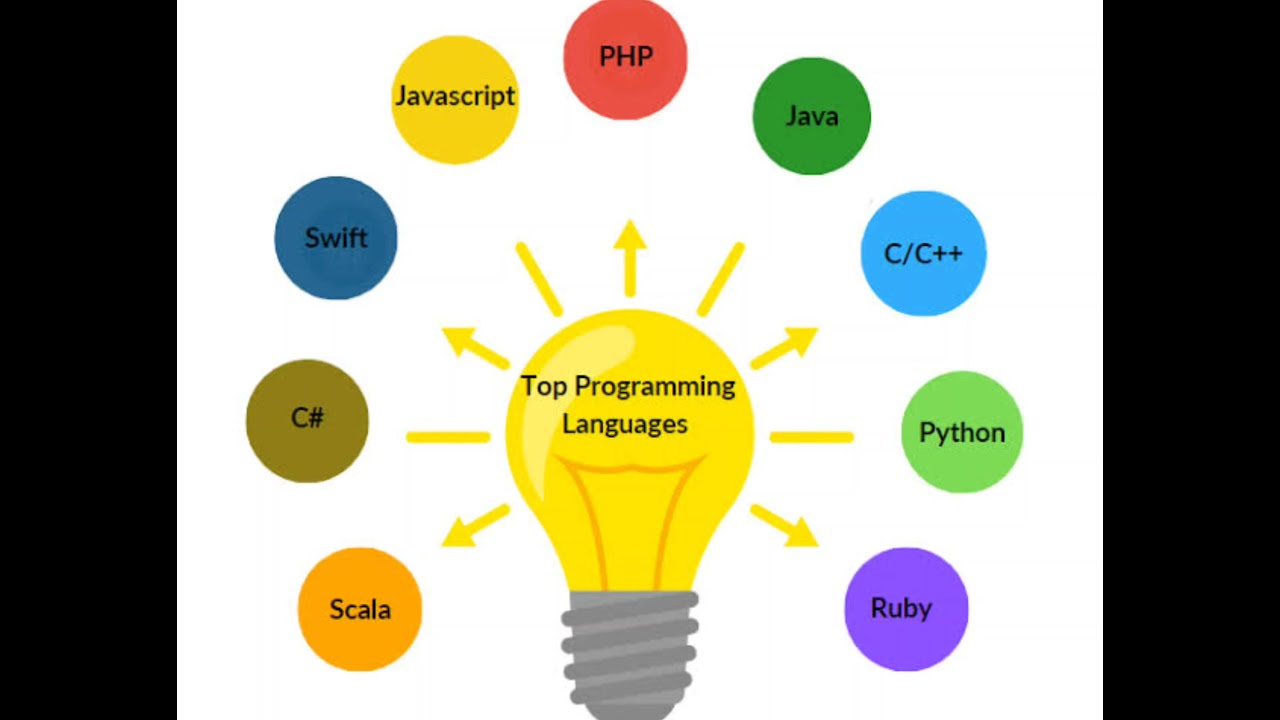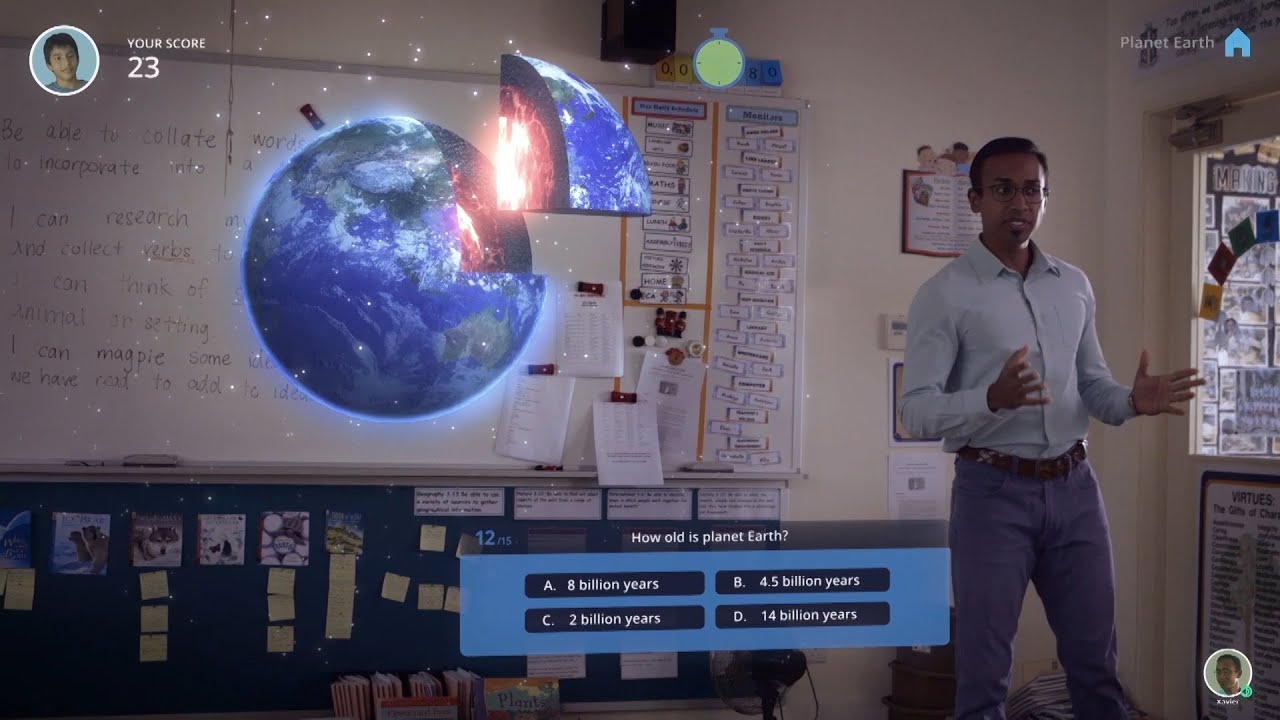Top Programming Languages to Learn in 2025
As technology continues to evolve, so does the demand for skilled programmers. Whether you’re a beginner exploring software development or an experienced developer looking to expand your toolkit, choosing the right programming language is crucial. Here’s a look at the top programming languages to learn in 2025—based on job market trends, community support, performance, and versatility.
- Python
Why Learn It: Python remains a top choice due to its simplicity, readability, and broad applicability. It’s heavily used in data science, AI/ML, web development, and automation.
- Popular Frameworks: Django, Flask, TensorFlow, PyTorch
- Use Cases: Web development, machine learning, scripting, data analysis
- Job Demand: Extremely high, especially in AI/ML and data roles
Perfect for: Beginners and professionals alike.
- JavaScript
Why Learn It: JavaScript powers dynamic web applications and continues to dominate front-end development, along with growing use in back-end and mobile apps via frameworks like Node.js and React Native.
- Popular Frameworks: React, Angular, Vue, Node.js
- Use Cases: Web development, mobile apps, server-side scripting
- Job Demand: High in startups, tech companies, and freelance gigs
Perfect for: Web developers and full-stack engineers.
- TypeScript
Why Learn It: TypeScript is a superset of JavaScript that adds type safety, making it ideal for large-scale applications. It’s quickly becoming the standard in modern web development.
- Use Cases: Web apps, enterprise-scale front-end projects
- Job Demand: Growing fast in professional development environments
Perfect for: Developers working on scalable, maintainable applications.
- Go (Golang)
Why Learn It: Developed by Google, Go is known for its simplicity, speed, and concurrency support. It’s ideal for backend systems, cloud services, and distributed computing.
- Use Cases: Cloud computing, DevOps tools, microservices
- Job Demand: High among companies using Kubernetes, Docker, and cloud platforms
Perfect for: Backend engineers and cloud developers.
- Rust
Why Learn It: Rust is gaining popularity for its memory safety, performance, and security features. It’s often seen as a safer alternative to C/C++ and is used in system-level programming.
- Use Cases: Systems programming, embedded systems, blockchain
- Job Demand: Rising, especially in performance-critical areas
Perfect for: Developers who need speed and control without compromising safety.
- Java
Why Learn It: Java is a mature language used in enterprise software, Android development, and backend systems. With the rise of Spring Boot and modern JVM optimizations, it remains highly relevant.
- Popular Frameworks: Spring, Hibernate
- Use Cases: Backend development, Android apps, enterprise solutions
- Job Demand: Consistently strong in large corporations
Perfect for: Developers targeting enterprise-level applications or Android.
- Kotlin
Why Learn It: Kotlin is the preferred language for Android development, endorsed by Google. It’s concise, expressive, and interoperable with Java.
- Use Cases: Android apps, backend development
- Job Demand: Growing, particularly in mobile development
Perfect for: Android developers and Java programmers transitioning to modern syntax.
- Swift
Why Learn It: Swift is the go-to language for iOS and macOS development. With Apple’s ecosystem thriving, Swift developers are always in demand.
- Use Cases: iOS, iPadOS, watchOS, macOS apps
- Job Demand: High among Apple-focused businesses and freelancers
Perfect for: Mobile app developers targeting the Apple ecosystem.
- SQL
Why Learn It: SQL isn’t a general-purpose language, but it’s essential for data querying and database management. Every software application that uses a database will need SQL at some level.
- Use Cases: Data analysis, backend development, BI tools
- Job Demand: Evergreen, especially in data-related roles
Perfect for: Data analysts, backend developers, and DevOps engineers.
- C#
Why Learn It: C# is widely used in Windows development, game development (via Unity), and enterprise applications. Its integration with the .NET ecosystem keeps it relevant in 2025.
- Use Cases: Game development, enterprise software, desktop apps
- Job Demand: High in enterprise environments and game studios
Perfect for: Game developers and enterprise software engineers.
Final Thoughts
In 2025, the programming landscape is more diverse than ever. Your ideal language depends on your career goals, project types, and target platforms. Whether you aim to build mobile apps, dive into AI, develop games, or analyze data, there’s a language perfectly suited for you.
🚀 Pro Tip: Mastering one language well is better than dabbling in many. Start with a purpose, and let that guide your learning journey.



